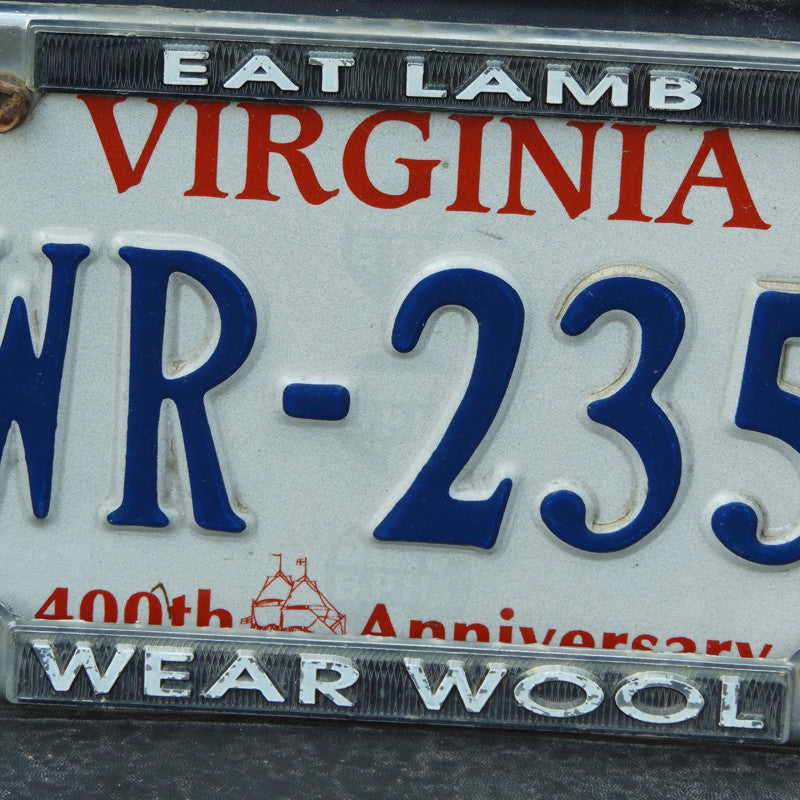We love wool.
I think that came first and led to Sue (Bundy) and me to loving sheep and each starting our small farms. Maybe it’s the other way around? But this little company, Solitude Wool, grew out of our desire to encourage small farms around us who were throwing out such interesting wool of interesting breeds by proving we valued it. We buy their good wool for about double or triple the market price. After ten plus years, we have only bought a teeny amount of wool by industry standards, yet I think it helps.
We love lamb too.
A few spinner’s flocks of wethers or open ewes are fine, but sheep are livestock. If we want to preserve them, they need to be bred, keep lambs coming and the life cycle turning and new.
As Sue likes to explain, all sheep are meat sheep. You may not have thought about it, or it might not be intuitive, but eating lamb also supports wool. Judith MacKenzie (about the best teacher of spinning, dyeing and all things sheep and wool...ever) tells the story so well and matter of factly, and of course I cannot begin to duplicate it, but she describes the age old contract between man and sheep: we protect them from predators and find water and in return they provide us with meat, milk and fiber. Sheep need us, they cannot survive on their own.
We need them too, but we have to prove it by respecting what they provide us: meat, milk and fiber. Use it or lose it applies here.
Today, most knitters are interested primarily in the softness of wool, and a world of all Merino or Cormo sheep might be great. But what would happen if the environment or health issue made those breeds not so viable? If you are reading this, you are probably aware how many hundreds of sheep breeds there are. Many are endangered or on a watch list. We need diverse genetics for health, wool or other characteristics that we might not even think of today.
Our mission is to create fabulous yarns and roving from all types of wool to turn on knitters, weavers, spinners and felters (yes, I was thinking of you) to how great wool is in general, and how great different types of wool is for different uses. We hope to whet your appetite so you will support other small wool producers and users. We are little, just a drop in the Mid-Atlantic bucket and you-all (see how long I’ve lived in Virginia) have much more power to keep shepherding viable. Small flocks of sheep are very likely to cost the shepherd more in expenses than they will make. Even buying a little bit of roving or trying one skein of farm yarn from a breed that might not be known as the softest, encourages shepherds.
Buying wool in any form helps sheep in the big picture really. And lamb is awfully delicious.
If you want to support sheep— eat lamb (or mutton), and wear wool!
stepping off the soapbox now.


Comments (1)